Winter brought diseases: 8 health threats that the cold brings
Categories: Health and Medicine
By Pictolic https://pictolic.com/article/winter-brought-diseases-8-health-threats-that-the-cold-brings.htmlAlong with winter come holidays, scarves, mittens and ... health problems. In addition to flu and colds, the body can face even more dangerous conditions. Lack of sun and heat lead to negative consequences, causing the development of asthma, eczema and other serious diseases. Find out what harm cold brings to the body and how to prevent the occurrence of diseases from our material.
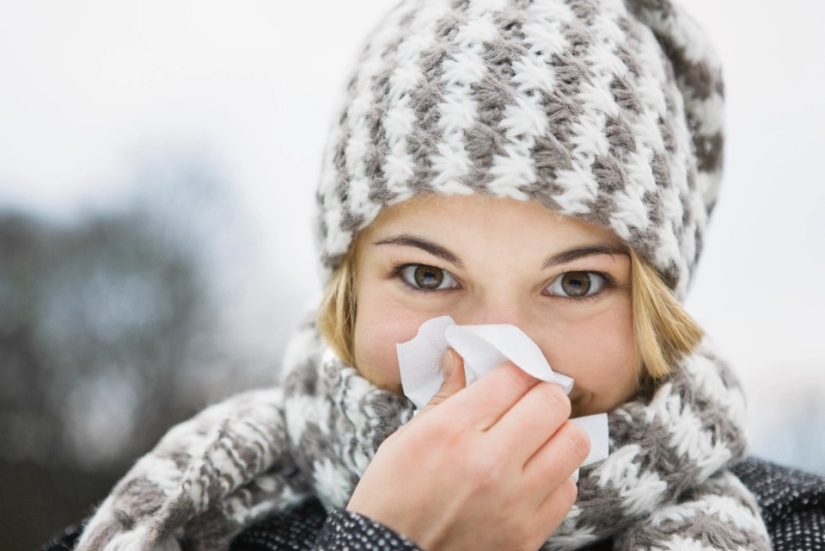
Winter has come into its own, breathing frost. Cold weather can harm your health. Doctors advise to keep the air temperature in the house at least 18 degrees Celsius and move as much as possible. So the body will constantly warm up. In addition, you need to consume more hot food and drinks.
Winter cold affects all parts of the body, including the most intimate places. Cold is dangerous with serious consequences, including a heart attack and the formation of blood clots.
These are the main health threats that cold weather brings.
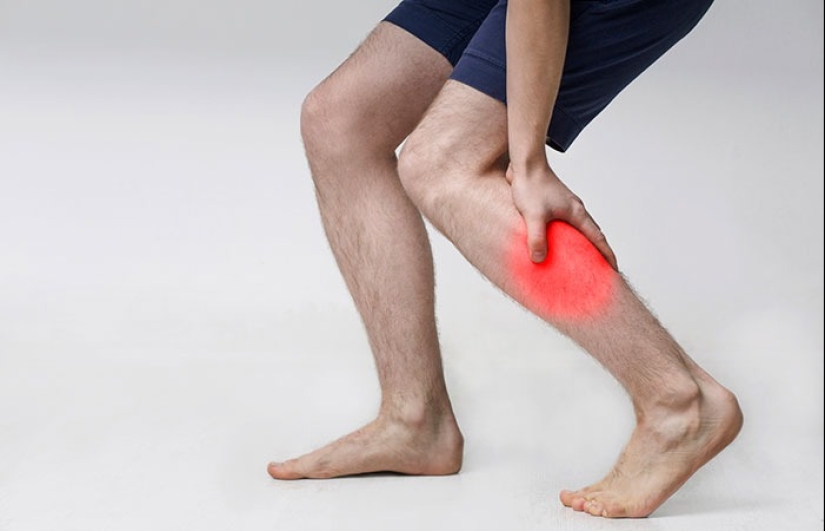
A sharp change in temperature can lead to thermal stress, in which the body begins to work actively to maintain a stable temperature. Recent studies by French doctors have shown that many suffer from thrombosis in winter.
It is assumed that respiratory tract infections, which occur much more often in the cold than in the warm, increase the tendency to form blood clots. Experts say that in cold weather, blood vessels narrow, which can cause blood clots to form.
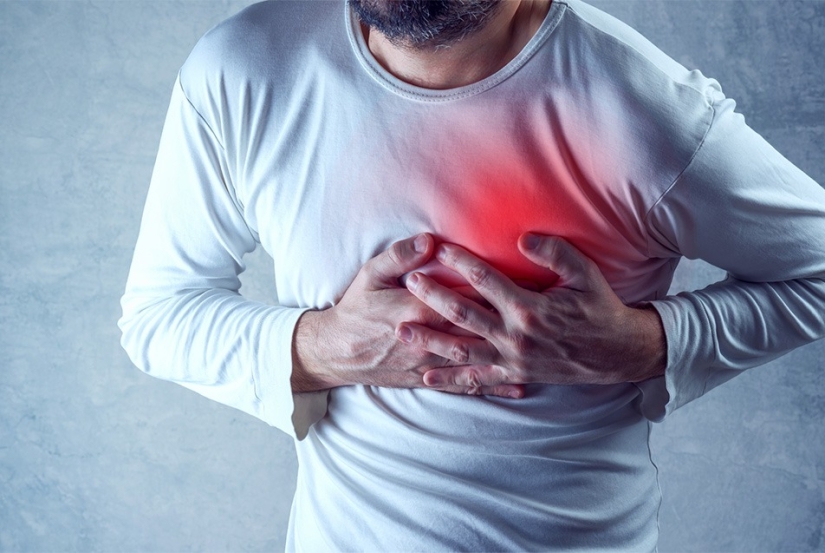
In cold conditions, people are more at risk of heart attack. This conclusion was reached by scientists at Lund University in Sweden. They calculated that the average number of heart attacks per day increases markedly with the onset of cold weather.
It is believed that the risk of a heart attack in the cold increases because the body reacts to low temperatures by limiting the functioning of superficial blood vessels. As a result, blood begins to circulate faster through the arteries. At the same time, the body begins to shiver from the cold, and the heartbeat accelerates to keep warm. Thus, an additional load is carried out on the heart.
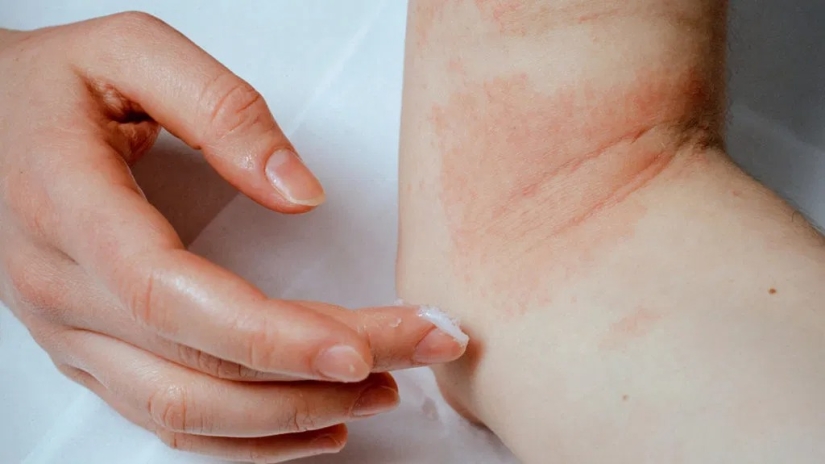
Sudden temperature changes due to the operation of heating systems often leads to outbreaks of eczema. The cold wind and the heat of the batteries dry the skin very much. Warm woolen clothing also irritates the skin and aggravates the symptoms of the disease. Dermatologists advise to wear soft cotton clothes closer to the body and constantly moisturize the skin.
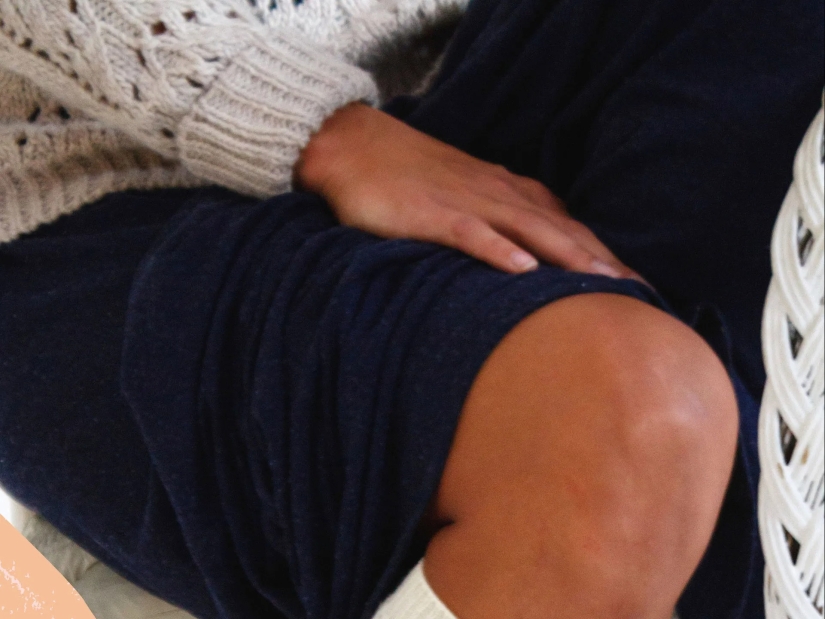
In the winter months, women are more likely to suffer from vaginal dryness. Cold air draws more moisture from the body, which causes the skin to dehydrate and crack. We spend a lot of time in rooms with artificial heating, where there is very little moisture in the air. Thus, dryness affects the whole body, including the most intimate places.

In the cold season, colds and flu are almost inevitable. The overall level of immunity is slightly reduced due to lack of sunlight, and we spend more time indoors.
Viruses spread faster in a closed space. It is best to protect yourself by getting a flu shot. In addition, you need to eat healthy food to keep the body normal.

Most people notice that they gain extra pounds in winter. We eat more sweets and foods rich in carbohydrates to keep warm. In addition, in the cold season, many refuse to exercise outdoors.
A recent study also showed that the body's cells accumulate more fat if a person does not appear in the fresh air under the sun for a long time. When the waves of sunlight penetrate the skin, they also reach the fat cells. Lipid droplets decrease in size and are released from the cells. Thus, excess fat accumulates in our body, including because the sun rarely looks out in winter.

The days are getting shorter, which is why many people suffer from seasonal affective disorder. They have a constant feeling of despair, worthlessness and apathy. The exact cause of the disorder is not completely clear. Experts often associate it with a reduction in sunlight on short winter days.
A lack of sunlight can suspend the work of the hypothalamus - the part of the brain responsible for the production of hormones, including melatonin and serotonin. Namely, they affect mood, appetite and sleep.
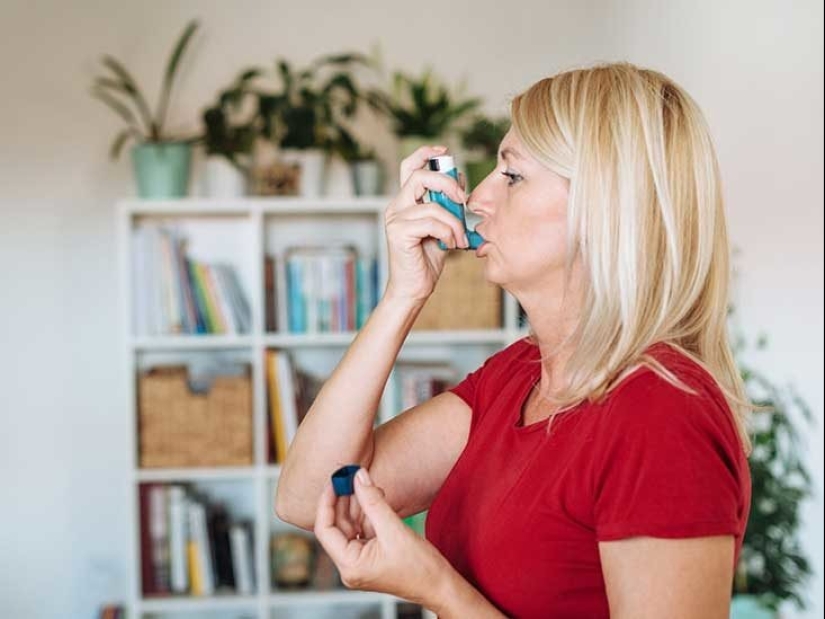
Both children and adults with asthma have worse attacks in winter. This is due to the fact that cold dry air irritates the respiratory tract and leads to muscle spasm. Cold, colds, flu and other infections can provoke asthma attacks.
Inflammation of the respiratory tract leads to coughing, wheezing and breathing problems. In winter, asthmatics need to be especially vigilant and always carry an inhaler with them. Doctors also advise covering the nose and mouth with a scarf so that the air warms up a little when inhaling.
During the coronavirus pandemic, the medical community was faced with the acute issue of diagnosing cancer patients. Experts have identified 10 signs of a deadly disease, noticing which, you need to urgently go to the doctor.
Recent articles

It's high time to admit that this whole hipster idea has gone too far. The concept has become so popular that even restaurants have ...

There is a perception that people only use 10% of their brain potential. But the heroes of our review, apparently, found a way to ...

New Year's is a time to surprise and delight loved ones not only with gifts but also with a unique presentation of the holiday ...